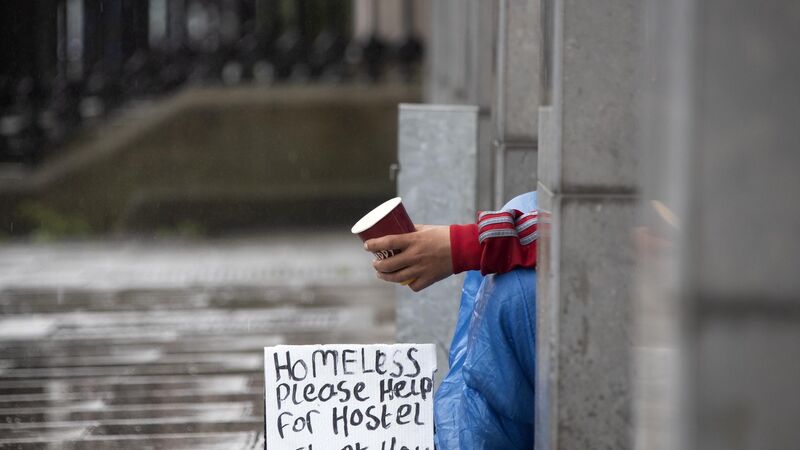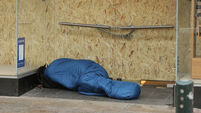Covid-19 crisis led to quicker access to homeless services, new study finds

The study found vulnerable homeless clients were moved to single occupancy accommodation at the outset of the pandemic.
The Covid-19 crisis led to improved services and access to treatment for people who are homeless, with a new study asking why it took a global pandemic to remove barriers to harm reduction measures which had been required for years.
The research paper, called Harm reduction in the time of Covid-19: Case study of homelessness and drug use in Dublin, Ireland was just published in the . It outlines the dramatic moves taken at the outbreak of the pandemic to protect those who were sleeping rough and in emergency accommodation.













